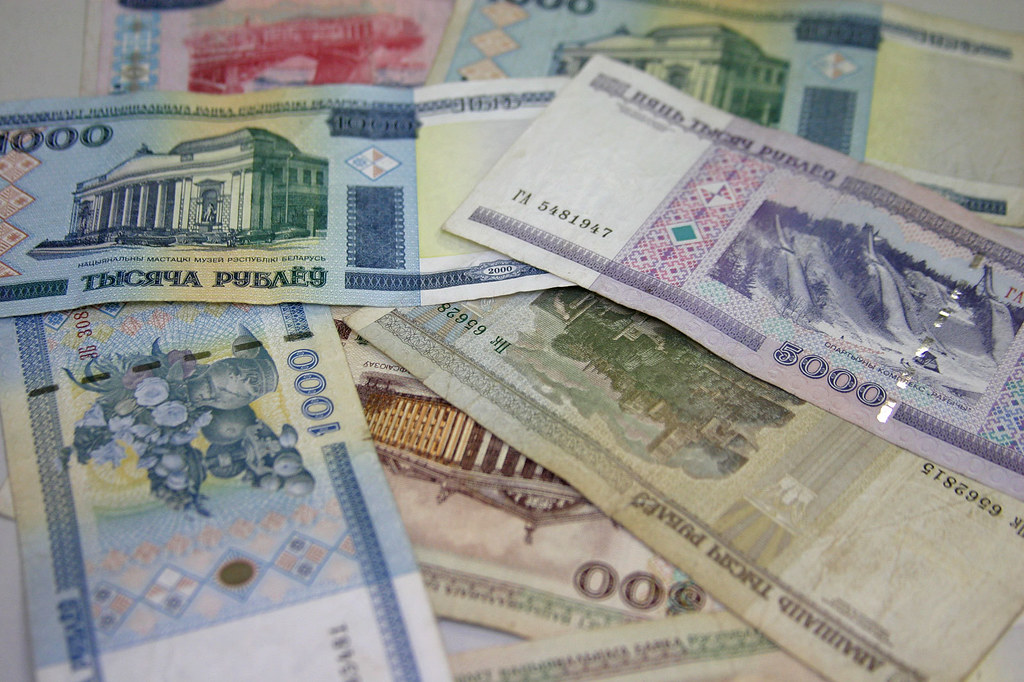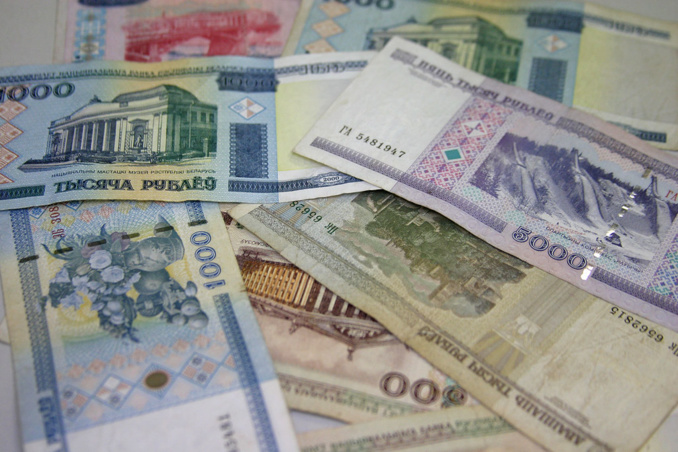On June 13, the grace period for the republic's payment of $22.9 million on Belarus-27 Eurobonds came to an end. They were paid by the nation's ministry of finance in Belarusian rubles, but the bondholders were unable to receive them. This qualifies as a default, according to Moody's.
Late in June, in response to Russia, the Belarusian government decided to transition to repayment of foreign debt obligations in the domestic currency. Vladimir Putin, the president of Russia, approved a law mandating ruble payments for foreign debt on June 22.
Following the failure of two Russian sovereign Eurobonds to receive coupon payments totaling $100 million within 30 days, Moody's said on June 27 that Russia had defaulted on its Eurobond obligations. The default was first reported by The Wall Street Journal and Bloomberg. They wrote that Russia experienced its first default of this kind since 1918.
source: bloomberg.com
Late in June, in response to Russia, the Belarusian government decided to transition to repayment of foreign debt obligations in the domestic currency. Vladimir Putin, the president of Russia, approved a law mandating ruble payments for foreign debt on June 22.
Following the failure of two Russian sovereign Eurobonds to receive coupon payments totaling $100 million within 30 days, Moody's said on June 27 that Russia had defaulted on its Eurobond obligations. The default was first reported by The Wall Street Journal and Bloomberg. They wrote that Russia experienced its first default of this kind since 1918.
source: bloomberg.com



















